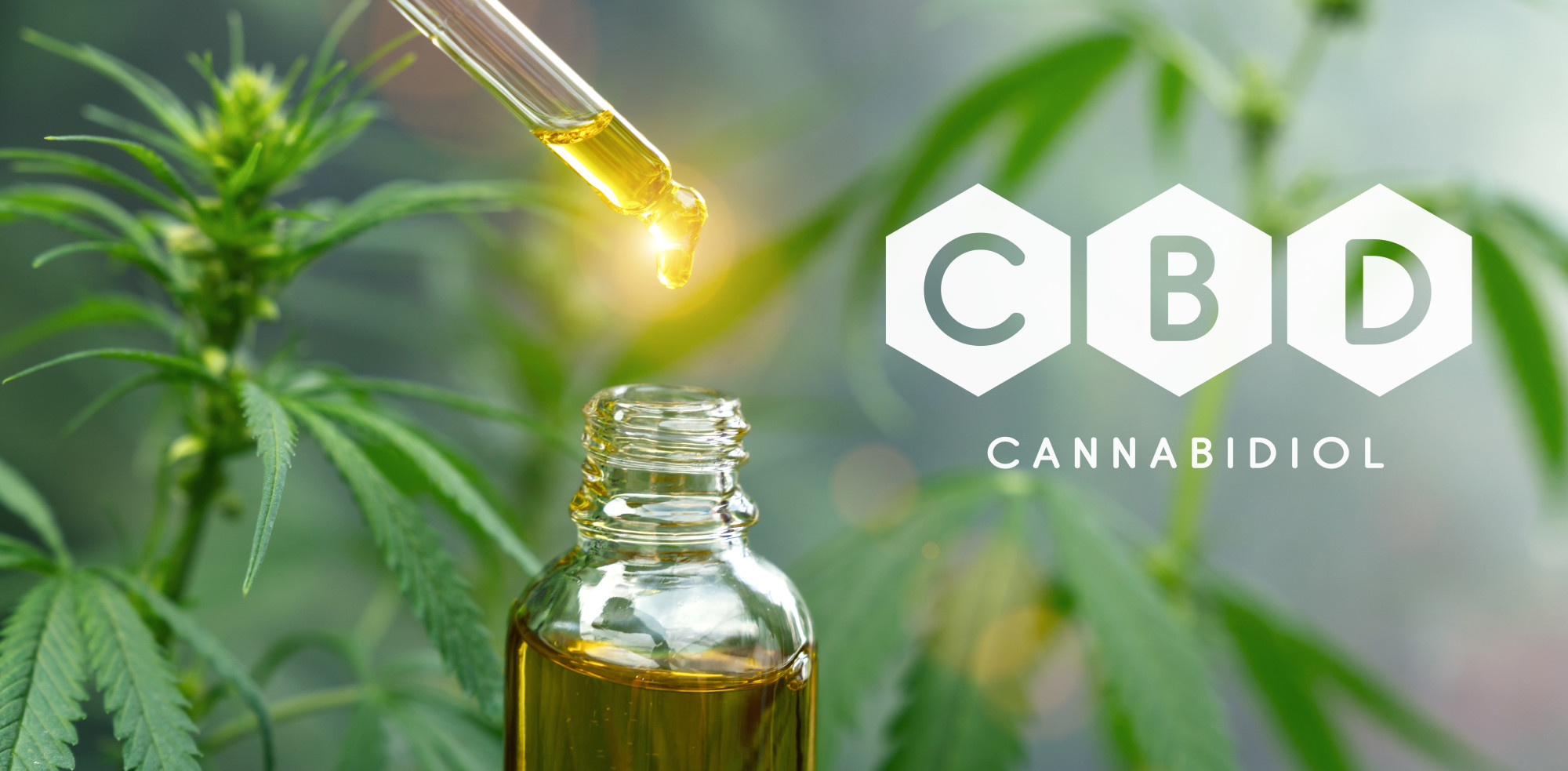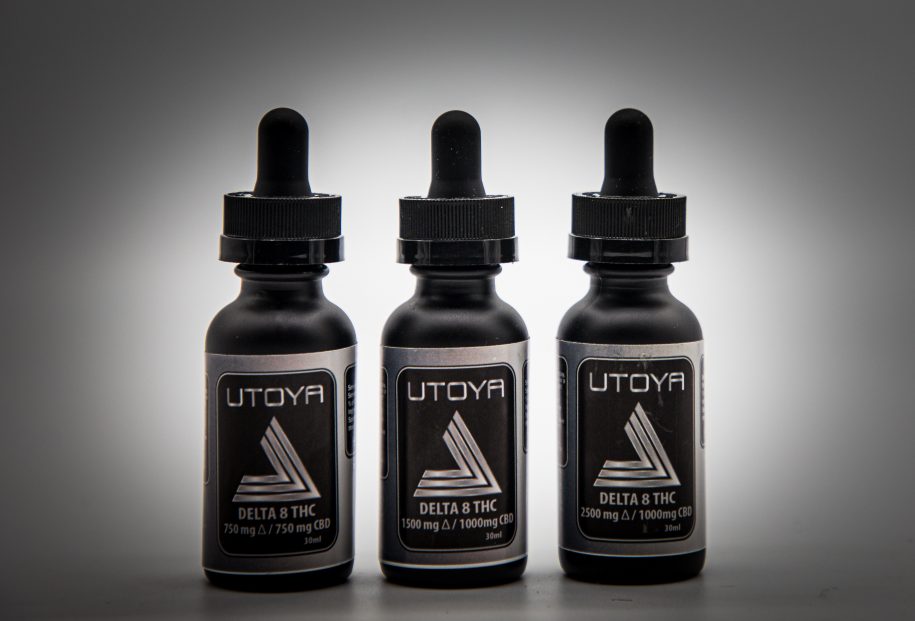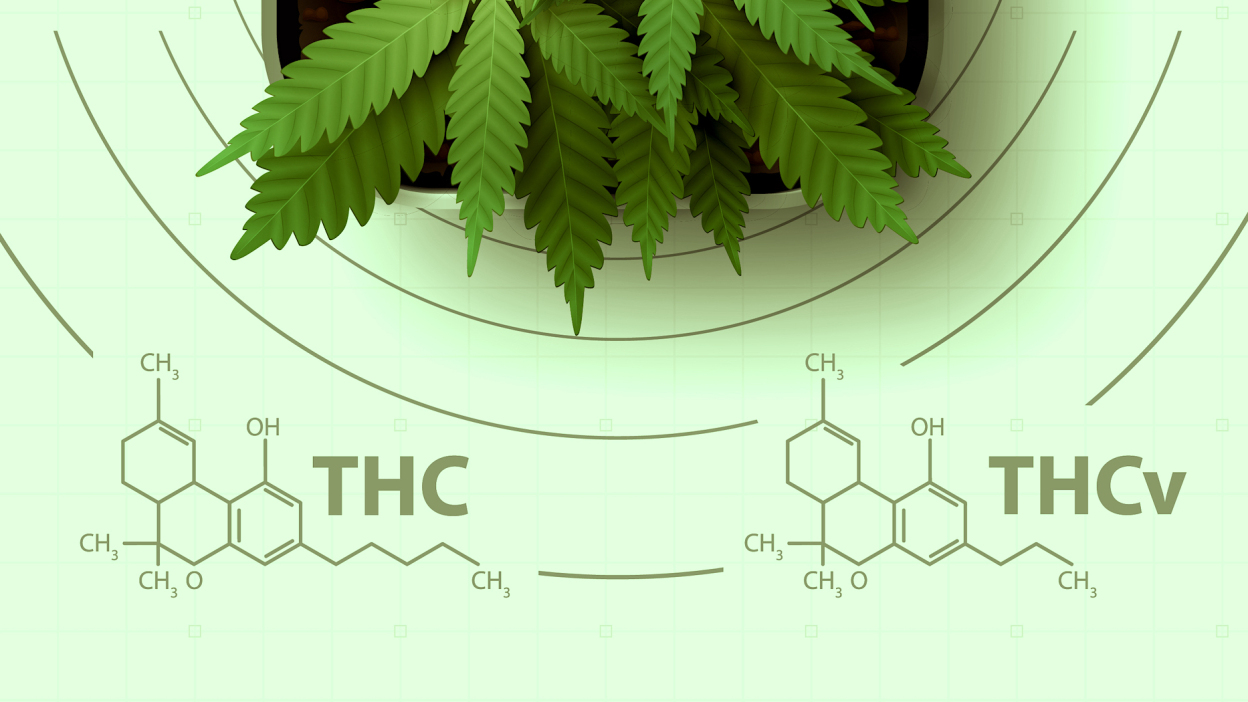Introduction
Chronic Obstructive Pulmonary Disease (COPD) is a progressive respiratory condition characterized by obstructed airflow and difficulty breathing. As a prevalent and debilitating disease, COPD poses significant challenges to those affected. With the growing interest in alternative and complementary therapies, there has been a surge in curiosity about the potential role of CBD (cannabidiol) in managing COPD symptoms. In this comprehensive guide, we’ll explore COPD, its symptoms, current treatment options, and delve into the scientific and anecdotal evidence surrounding the question: Can CBD help individuals with COPD?
Understanding COPD
COPD encompasses a group of lung conditions, including chronic bronchitis and emphysema, often caused by long-term exposure to irritants such as cigarette smoke, air pollution, or occupational dust. The hallmark of COPD is the progressive narrowing of airways, leading to symptoms such as shortness of breath, chronic cough, wheezing, and chest tightness. As a chronic and irreversible condition, COPD requires ongoing management to enhance quality of life and mitigate symptom progression.
Current Treatment Approaches for COPD
The management of COPD typically involves a multifaceted approach aimed at relieving symptoms, improving lung function, and preventing exacerbations. Common treatment modalities include
- Bronchodilators: These medications relax the muscles around the airways, making it easier to breathe. Short-acting bronchodilators provide quick relief during acute episodes, while long-acting bronchodilators are used for ongoing management.
- Inhaled Corticosteroids: These medications help reduce inflammation in the airways and are often used in conjunction with bronchodilators.
- Pulmonary Rehabilitation: A comprehensive program that includes exercise training, education, and support to enhance physical and emotional well-being.
- Oxygen Therapy: Supplemental oxygen is prescribed for individuals with low blood oxygen levels to improve overall oxygenation.
- Vaccinations: Influenza and pneumonia vaccinations are recommended to prevent respiratory infections that can exacerbate COPD symptoms.
- Smoking Cessation: The most crucial intervention for smokers with COPD is quitting smoking to slow disease progression and improve overall health.
Despite these treatment options, COPD remains a challenging condition to manage, and researchers are exploring alternative approaches, including the potential benefits of CBD.
CBD and COPD: The Science and Anecdotal Evidence
CBD, a non-psychoactive compound derived from the cannabis plant, has garnered attention for its potential anti-inflammatory, bronchodilator, and antioxidant properties. While research on the direct impact of CBD on COPD is still in its early stages, there are intriguing findings and anecdotal reports that suggest CBD may offer certain benefits to individuals with respiratory conditions.
Anti-Inflammatory Properties
Inflammation plays a central role in the progression of COPD, contributing to airway obstruction and tissue damage. CBD has demonstrated anti-inflammatory effects in various studies, potentially modulating the inflammatory response. By interacting with the endocannabinoid system and other pathways, CBD may help reduce inflammation in the airways, providing relief for COPD symptoms.
Bronchodilator Effects
Some research suggests that CBD may act as a bronchodilator, helping to widen the airways and improve airflow. While this effect has been observed in animal studies and preclinical models, more research is needed to understand the specific mechanisms and potential applications in humans with COPD.
Antioxidant Properties:
Oxidative stress, characterized by an imbalance between free radicals and antioxidants, is implicated in COPD-related lung damage. CBD’s antioxidant properties may help neutralize free radicals, reducing oxidative stress and potentially protecting lung tissues from further damage.
Anxiety and Stress Reduction
COPD can significantly impact mental health, leading to anxiety and stress related to breathlessness and the challenges of managing a chronic condition. CBD has been studied for its anxiolytic (anxiety-reducing) effects, potentially providing relief for individuals coping with the emotional toll of COPD.
Pain Management
Some individuals with COPD experience pain and discomfort, either due to the condition itself or as a side effect of certain treatments. CBD’s potential analgesic (pain-relieving) properties may offer relief for COPD-related pain, contributing to overall well-being.
Improving Sleep Quality
Sleep disturbances are common in individuals with COPD, often due to symptoms like coughing and difficulty breathing. CBD has been studied for its potential to improve sleep quality by addressing factors such as anxiety and pain. Better sleep can positively impact overall health and quality of life for individuals with COPD.
Potential Anti-Bacterial Effects
Research suggests that CBD may have antimicrobial properties, potentially inhibiting the growth of certain bacteria. While more studies are needed, this could be relevant for individuals with COPD who are at an increased risk of respiratory infections.
Smoking Cessation Support
For individuals with COPD who smoke or have a history of smoking, CBD may offer support in smoking cessation efforts. Some studies suggest that CBD may help reduce cigarette cravings and withdrawal symptoms, making it a potential adjunct to smoking cessation programs.
Anecdotal Reports
While scientific research on CBD and COPD is evolving, there are numerous anecdotal reports from individuals who claim to have experienced improvements in their symptoms with the use of CBD. Many describe reduced inflammation, improved breathing, and better overall quality of life. However, it’s crucial to approach anecdotal evidence with caution, as individual responses to CBD can vary.
Considerations and Precautions
While the potential benefits of CBD for COPD are promising, it’s essential to approach its use with careful consideration and under the guidance of a healthcare professional. Some important considerations include:
- Consultation with Healthcare Providers: Before incorporating CBD into your COPD management plan, consult with your healthcare team. They can provide personalized advice based on your specific health condition, medications, and potential interactions.
- Quality and Dosage: Choose high-quality CBD products from reputable sources to ensure purity and consistency. Consider starting with a low dosage and gradually increasing to find the optimal amount that provides relief without adverse effects.
- Interactions with Medications: CBD may interact with certain medications, including those commonly prescribed for COPD. Inform your healthcare provider about all the medications you are taking to assess potential interactions.
- Mode of Administration: CBD is available in various forms, including oils, tinctures, capsules, and edibles. The mode of administration can impact the onset and duration of effects. Experiment with different forms to find what works best for you.
- Legal Considerations: Be aware of the legal status of CBD in your region. While CBD derived from hemp is legal in many places, it’s crucial to stay informed about local regulations.
- Monitoring and Adjusting: Regularly monitor your symptoms and be attentive to any changes in your health. If you experience adverse effects or if CBD does not provide the expected benefits, consult with your healthcare provider for adjustments to your management plan.
Conclusion
In conclusion, the question of whether CBD can help individuals with COPD is a topic of growing interest and research. While there is scientific and anecdotal evidence suggesting potential benefits, it’s essential to approach CBD as a complementary aspect of COPD management, alongside conventional treatments and under the guidance of healthcare professionals. As research continues to unfold, CBD holds promise as a therapeutic option for individuals seeking additional support in their COPD journey. However, individual responses may vary, and careful consideration of dosage, quality, and potential interactions is paramount. Always prioritize open communication with your healthcare team to make informed decisions about integrating CBD into your COPD care plan.
- Copd: Can CBD Help? - November 9, 2023
- Benefits of Cordyceps Functional Mushrooms - November 9, 2023
- Benefits of Turkey Tail Functional Mushrooms - November 9, 2023




